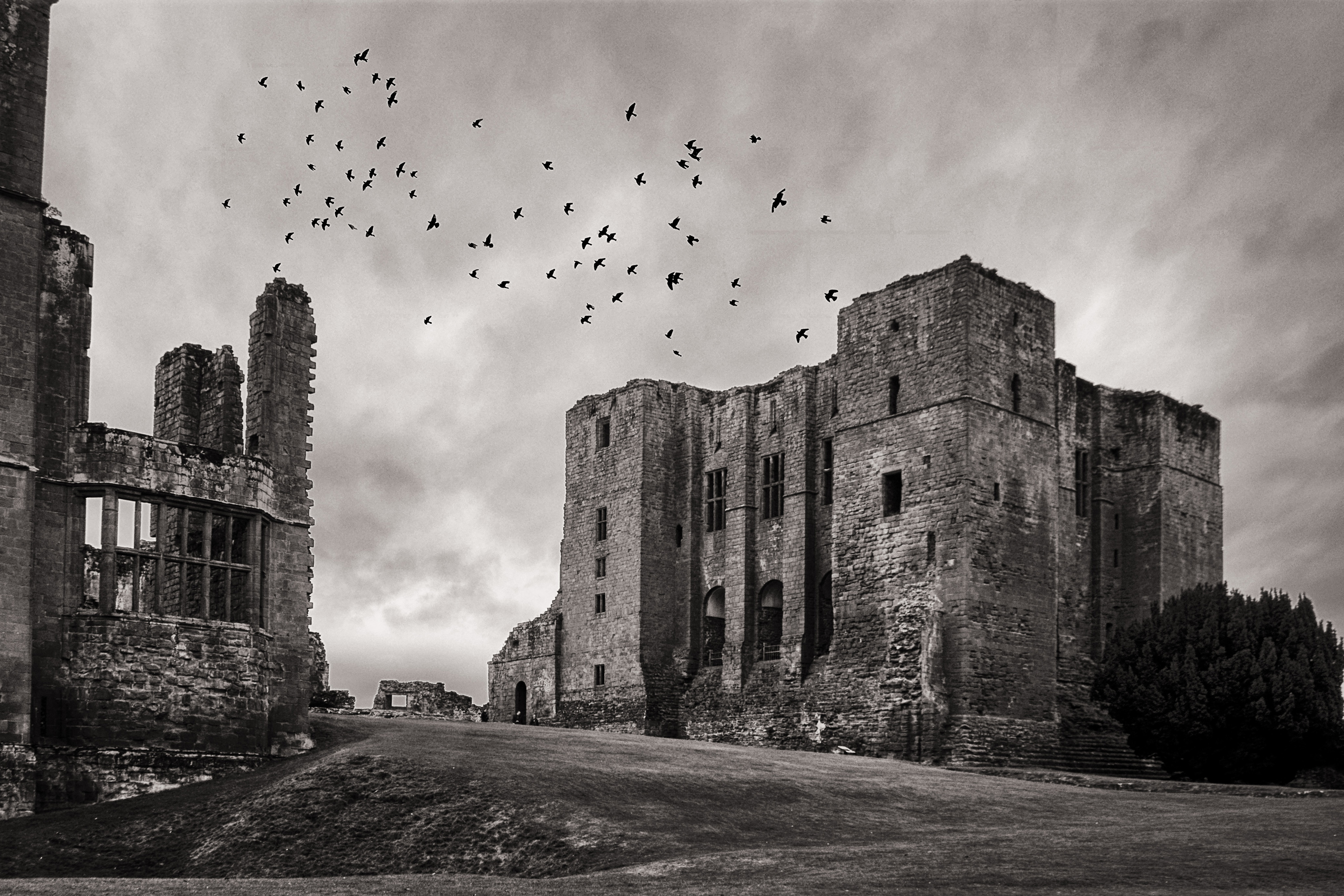
Special Feature on Genre: Historical Fiction #writers #writing
 Choosing a genre – Historical Fiction
Choosing a genre – Historical Fiction
By Janine Savage. Reposted with permission from Write Divas
I love historical fiction, whether it be a dramatization of real events, a what-if scenario, or a time travel. I have yet to find a well-written historical novel I didn’t liked. Now let me make myself clear. I like historical fiction. I’m not the scholarly type who dives into real history and vets out every minute detail of the era, unless I’m writing a novel. But that has a different name: Research.
No, I’m one of those readers who’d rather delve into a work of fiction set in a bygone era. Where the author has taken certain liberties with the characters, events, and dialogue to make something like the Great Heathen Army invading England in 865 into the epic story of Uhtred of Bebbanburg, the son of an English nobleman who is taken captive by Danish invaders when he’s ten year old and raised and taught to fight in the shield wall. The story of Uhtred is, of course, The Saxon Chronicles by George Cornwell.
So what determines if a book is historical fiction? While the publishing industry has never come up with a finite set of rule to follow, there are a few things most that historical novels have.
- It must be set at least fifty years in the past.
- The plot must be fictionalized.
- The main characters are fictional but use of real people who lived in that time is common and often times referred to.
- Believability: An author has to convince a reader the story makes sense and the characters are authentic.
While the rules are not set in stone, there are a few things writers can do to improve their work.
Research is King
During my readings of this favored genre, I have discovered some real gems and some real stinkers. So, what does it take to write a good historical fiction? As with all stories, the plot should be interesting and the characters engaging. But historical fiction can be a difficult genre to write if the author hasn’t done his research.
When it comes to books, readers can spot a poorly researched historical quite easily. Readers may or may not be able to pinpoint what it is that sets one book from the next, but they will be able to tell if you didn’t do your research and if you failed in your attempt to make the book believable.
The Proof is in The Details
It’s the little things that separate the good from the bad in historical fiction. And by details, I don’t mean pages of back story or three paragraphs pages devoted to the different types of saddles used in the day. Provide just enough of the historical details to feed the reader’s imagination but not so much the story loses sight of its purpose. If you don’t know much about the era you’re writing in, readers will notice. Research more than you need so you may make the best choices on what to put in the story and what to leave out.
When is Too Much is Just Too Much
Some “experts” believe an author should spend at least a year researching in order to write a historical fiction. Whether that’s true is a matter of opinion. The goal with historical fiction is to create a world readers can believe and get lost in without feeling as if they’re in Professor Smith’s lecture on the impact cisterns made on public health in the ancient world. See I lost you at “lecture.” It is important to use some of the vernacular of the day, but not overwhelm the reader. So, be careful about peppering your story with obscure and unfamiliar words from the past. If a reader has to spend more time looking up words than reading a book, they may just forget reading the book.
Dialogue Smilogue
Dialogue can make or break a historical novel. It should be clear and concise but shouldn’t be peppered with modern day sayings and phrases. On the other hand, it should not be so accurate in its depiction of ancient vernacular that it is no longer understood. Sandi Layne wrote a wonderful article for Write Divas on how to write dialogue for a historical novel. Check it out Writing Dialogue in Historical Fiction for a more detailed look at historical dialogue.
Scrap the Political Correctness
Nothing sticks out more than a book wherein the protagonist has modern sensibilities and beliefs. Even worse is when a character has a complete lack of regard for social customs and norms. A servant who talks back or rolls their eyes at his or her master can expect a beating for disobedience. This was also true for wives and children. The master of the house was not viewed as evil, but was well respected. The societal norms of the day were vastly different than what we have now. Authors who give their characters the modern sensibilities insult their readers.
So whether you’re story is a new take on Robin Hood and his merry gang of bandits or an epic drama set during World War II, do your research, create authentic characters, and write with the correct details and dialogue so your book transports your reader to that point in history.